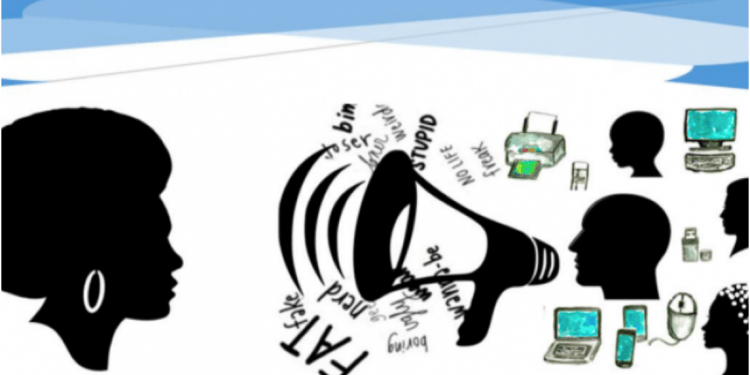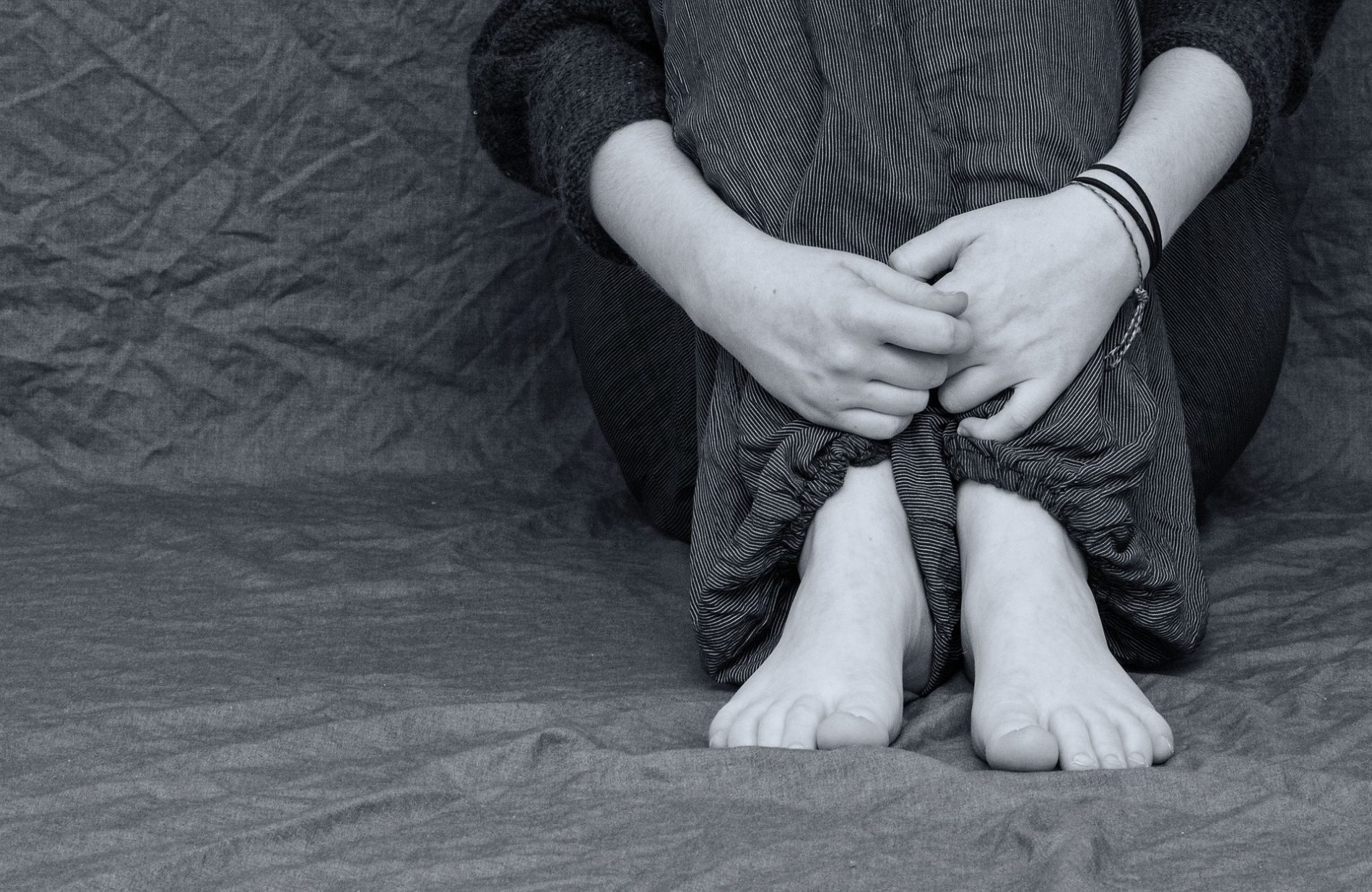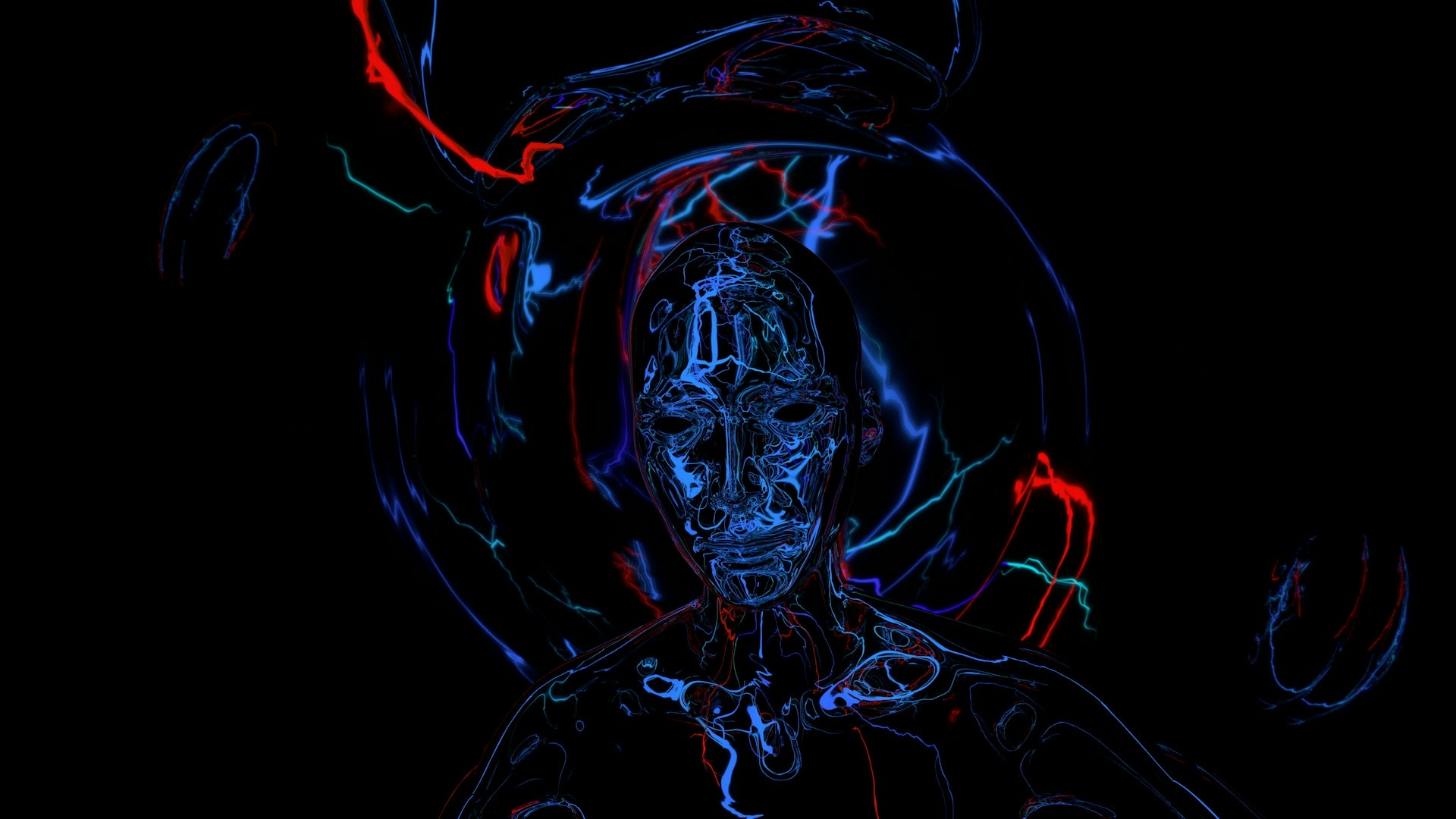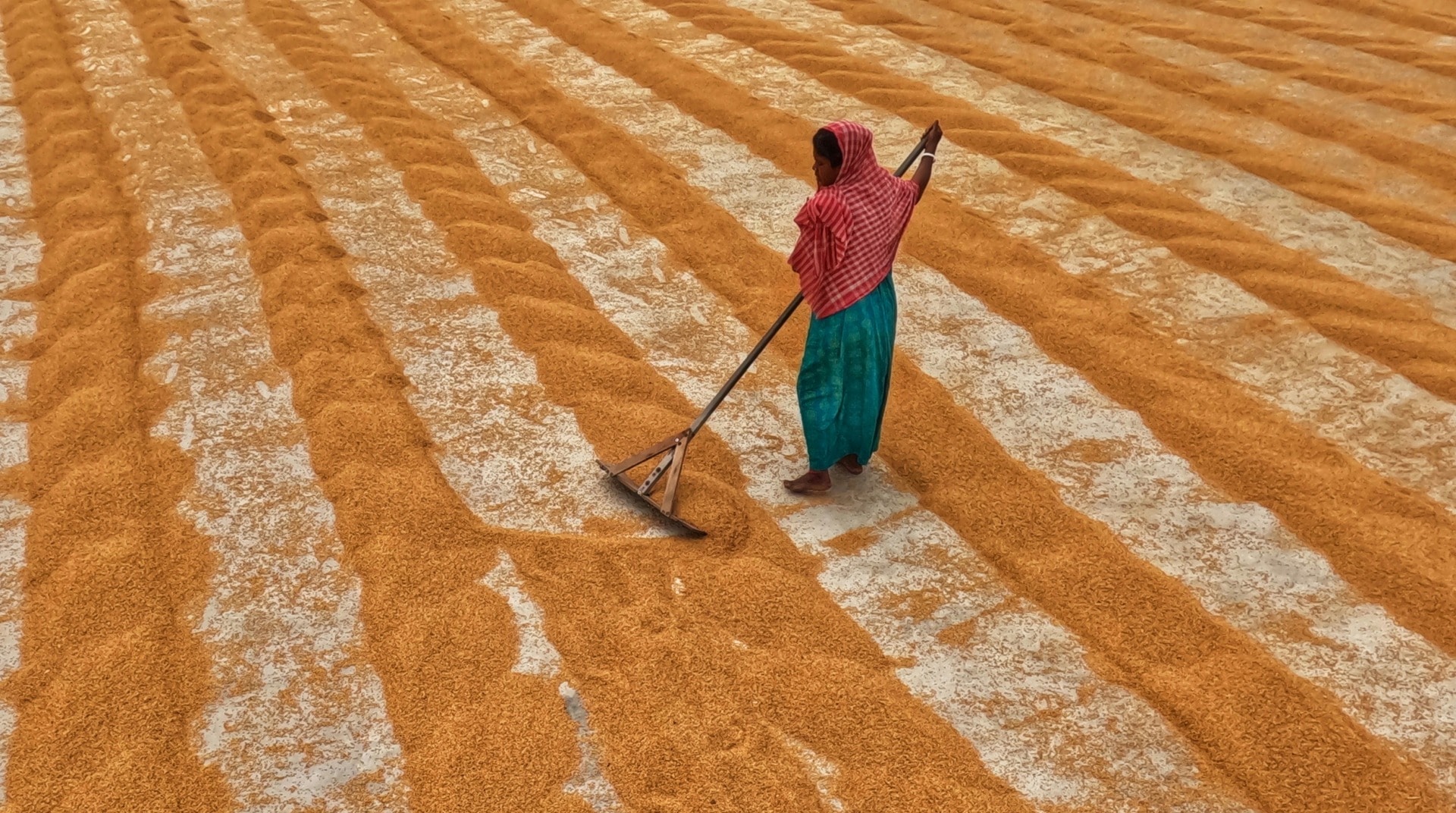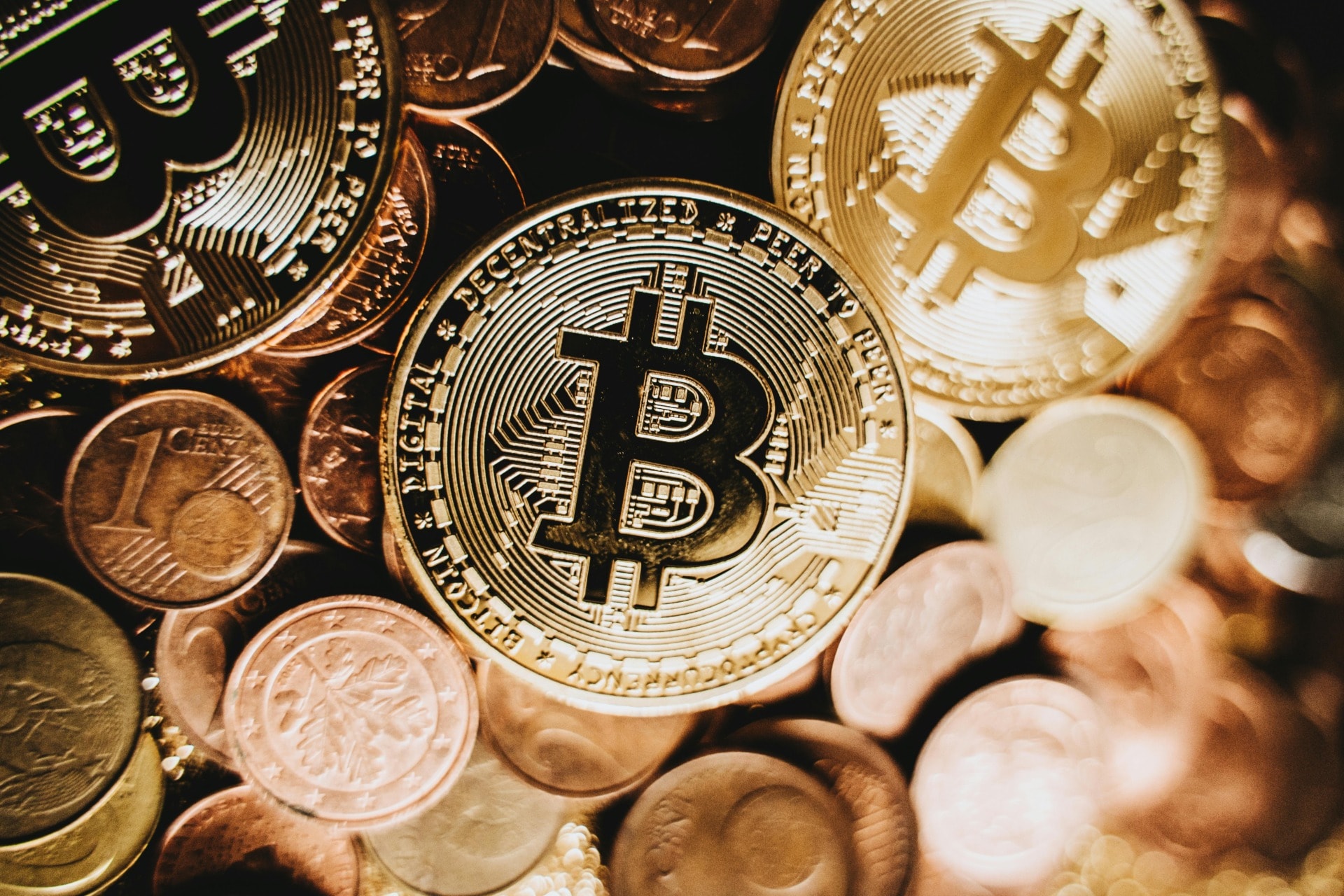The increased use of Information and Communication Technology (ICT) in the past decade has led to the rise of a new form of Gender-Based Violence (GBV). Due to the escalating use of technology and the internet, women are more vulnerable than ever to abuse and violence. Women face multiple forms of technology-related violence including non-consensual intimate images (NCII) commonly known as “revenge pornography”, doxxing, blackmail, bullying, stalking, and sexual harassment.
The extent to which women are violated online is unknown since most cases go unreported. A study conducted by WOUGNET on technology-related violence against women in 3 peri-urban districts of Uganda found that 74% of respondents would report technology-related violence against women to the police, 2% to social media owners, parents, or local leaders, 9% to the Ministry of Information and Communications Technology, and 11% said they wouldn’t know where to report. 65% of respondents were women, while 35% were men.
According to a Cyber Civil Rights Initiative‘s report from 2015, non-consensual intimate images violence (NCII) is defined as the distribution of sexually explicit images or videos that were initially shared with the expectation that they would remain private. NCII is on the rise in Uganda since more women use technology now than ever before. This increased use of the internet has led to more violations and threats towards women in cyberspace.
Unfortunately, technology-related violence against women is regularly forgotten or excluded in discussions of violence against women and girls. The internet is often an unfriendly environment for women. Additionally, offline and online environments are becoming fundamentally intertwined as the patriarchal norms that exist in the offline arena now extend into the digital space.
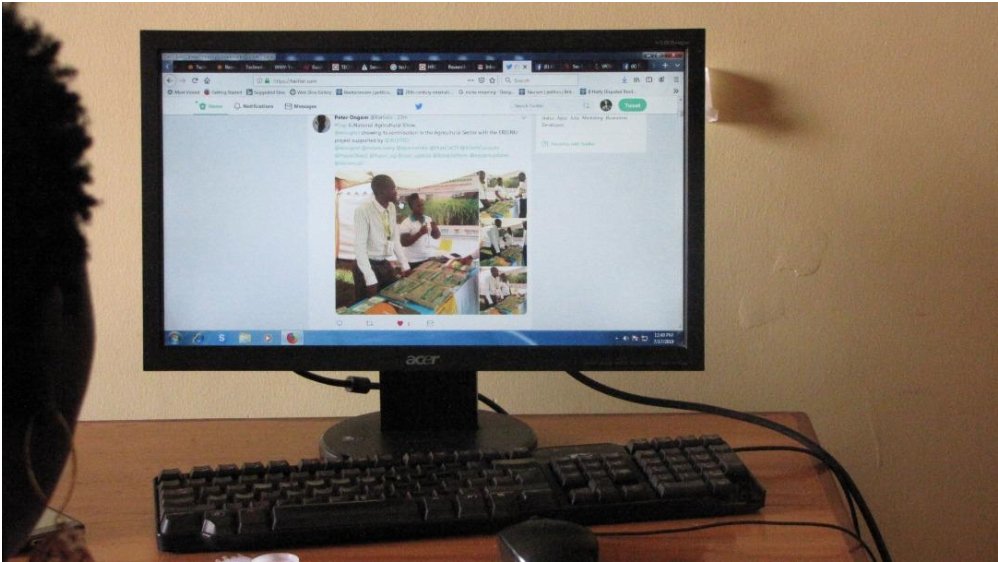
Often, NCII is referred to as revenge pornography. However, the term “revenge porn” is misleading because it implies that taking a naked picture of oneself or allowing someone to do so is a pornographic act. Additionally, perpetrators of NCII are not always motivated by revenge. The creation of an explicit image in the expectation that it is being shared within a private, intimate relationship does not equate to pornography. However, the act of disclosing private sexually explicit images to someone other than the intended audience does. NCII is also considered a form of intimate partner violence.
Images are in most cases distributed on the internet by former partners as an act of revenge or a result of rejection. They are stolen from the victims’ phones or laptops, or captured secretly in public bathrooms, hotel rooms, or changing rooms. The images or videos get rapidly distributed across countless pornographic websites, file sharing websites, torrents, social media platforms, and instant messengers such as WhatsApp. These images are then used to stalk, threaten, blackmail, publicly shame, or extort money from the victim or the victim’s family.
Non-consensual intimate image violence is a gendered issue common among women advocates, activists, and celebrities (journalists, musicians, human rights defenders).
NCII is usually framed as a problem of user gullibility rather than a form of GBV. Women are perceived as inferiors and safe targets, and are held more accountable than men for their private conduct. Therefore, NCII undermines gender equality by placing all of the blame for these images on women.
Activism and Advocacy for NCII Victims
It is infamously difficult to contact existing victims of NCII. Even if one is able to identify victims, it takes a lot of effort and time to build trust with them. In order to find useful information for advocacy of the issue, one must get them to open up about their experiences which is often difficult.
This challenge exists because sexuality rights are not strongly protected in Uganda due to social and religious customs and the inadequacies of the law to protect personal privacy and freedom of sexual expression. Deeply entrenched patriarchal notions of honor and shame remain attached to women’s bodies. Gendered criticism is directed at the woman or her family for her sexual behavior.
Related Articles: #IAmToufah Makes the Message Clear | The Fight for a Woman’s Right to Property After Divorce in Kenya |Pastoralist Child Foundation: Ending Gender-Based Violence in Kenya
Although internet access is affordable and easy, it offers the perpetrators of NCII some degree of anonymity. This anonymity increases humiliation and distress of the victims while providing the perpetrators social validation and monetary or social benefits.
Victims whose images are distributed on the internet face a range of consequences. They are fired from their jobs, chased from their homes, subjected to boycott, stigma, physical or sexual assaults, are psychologically traumatized, and face other forms of victim blaming. Anita Kyarimpa better known as Anita Fabiola, the former presenter on NTV Uganda Be My Date, was allegedly fired from her job at NTV Uganda when her nude photos were leaked by her ex-boyfriend on the internet.
Socially and culturally, the victim is considered guilty because she engaged in a sexual act or behavior that violated public and religious morality. Whether or not she was aware of being filmed in the act, consented to the circulation of images, created or stored her own nude photos, selfies or videos and shared them, is not relevant.
Most victims hesitate to seek help and/or are not aware of the legal or non-legal actions that they can take. The discourse around the publication and circulation of NCII mostly focuses on morality and decency. Reducing the distribution of NCII to a matter of morality glosses over the infringement of privacy, violation of women’s rights, and the intimate partner violence that is present in this issue. Diminishing NCII also neglects the issue’s far-reaching impact on the lives and well-being of victims.
Framing NCII as revenge porn conflates an act of violence with pornography, essentially undermining and potentially criminalizing women who exercise their right to sexual expression.
NCII, the Law, and Social Media
Although some countries have passed laws against the publication and circulation of NCII, the current measures are limited and the only law explicitly mentioning revenge pornography is commonly known as the Anti-Pornography Act. This act prescribes punishment of victims of NCII instead of providing redress for them.
For instance Desire Luzinda, a Ugandan musician whose naked pictures were circulated by her ex-boyfriend on the internet, was ordered for arrest by the minister of ethics, citing immoral behavior and the use of her naked pictures for commercialization. The Computer Misuse Act of 2011 only makes provisions to prevent unlawful access, abuse, or misuse of information systems on computers and other electronic devices like mobile phones. The Data Protection and Privacy Act of 2019 only tackles the privacy of individual, personal data and regulates the use or disclosure of personal information. These acts still lack gender specific provisions to protect women.
In March 2019, Twitter introduced the non-consensual nudity policy which says posting or sharing intimate photos or videos of someone that were produced or distributed without their consent on twitter is considered a violation of their privacy and the twitter rules.
Facebook has also launched Not Without My Consent, a victim support hub to help people respond to intimate images shared without permission on Facebook, Instagram or Facebook messenger. The hub also helps victims to find organizations and resources to support them, including steps they can take to remove the content from the platform and prevent it from being shared further. Victims will be able to report if their intimate images are shared on Facebook. This hub will help the regulation of distribution and circulation of NCII on the internet.
Despite the efforts made, it is still very difficult for victims of NCII to get support in Uganda due to social traditions even though Article 33(1) of the Ugandan Constitution Accords full and equal dignity of women with men.
There is a need to raise more awareness on the different forms and incidents of online distribution of NCII and to advocate for the formulation of specific laws or policies regarding women’s NCII. Young women and girls should also be involved with law and policy makers to tackle the impact of NCII distribution and circulation on the internet on women.


